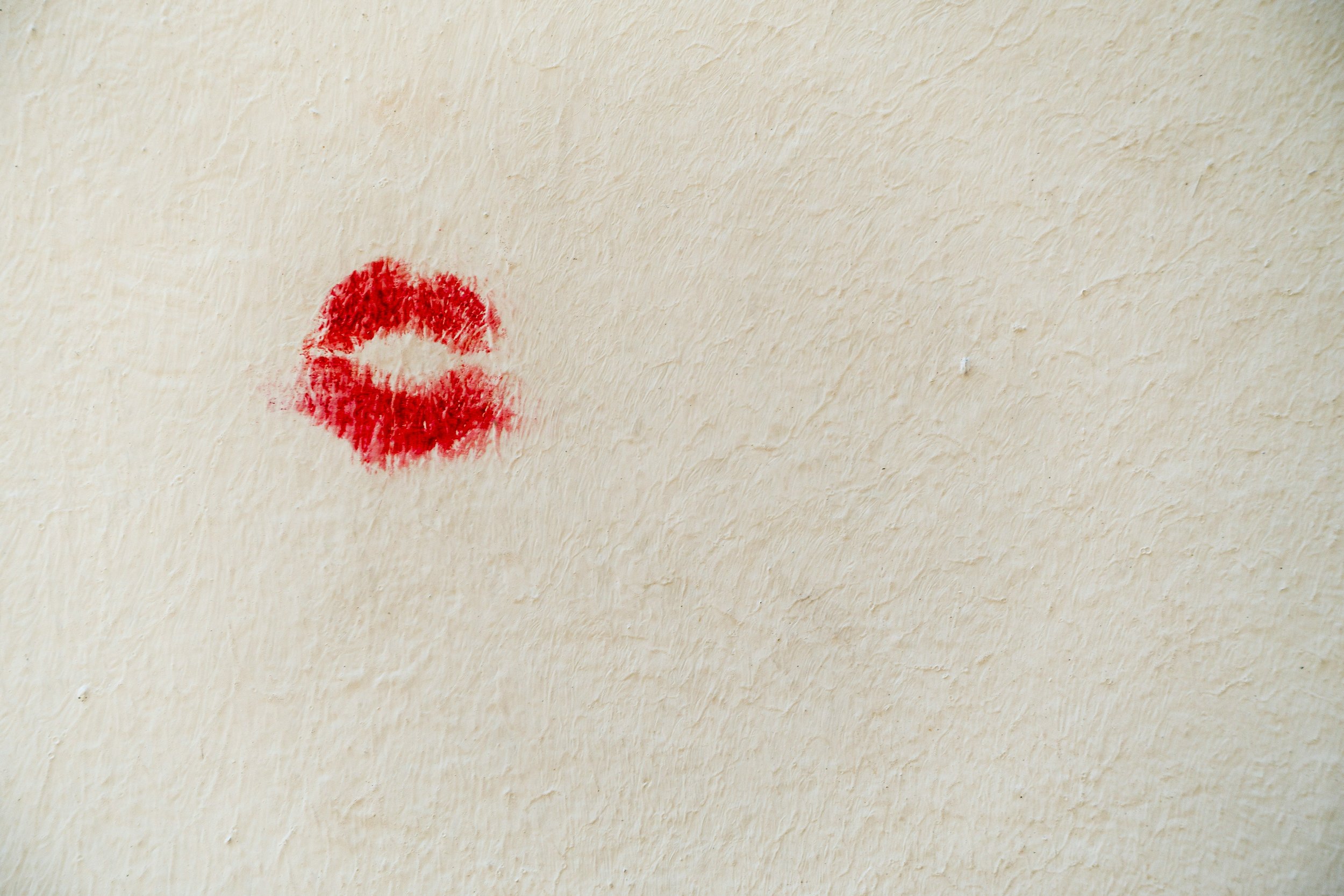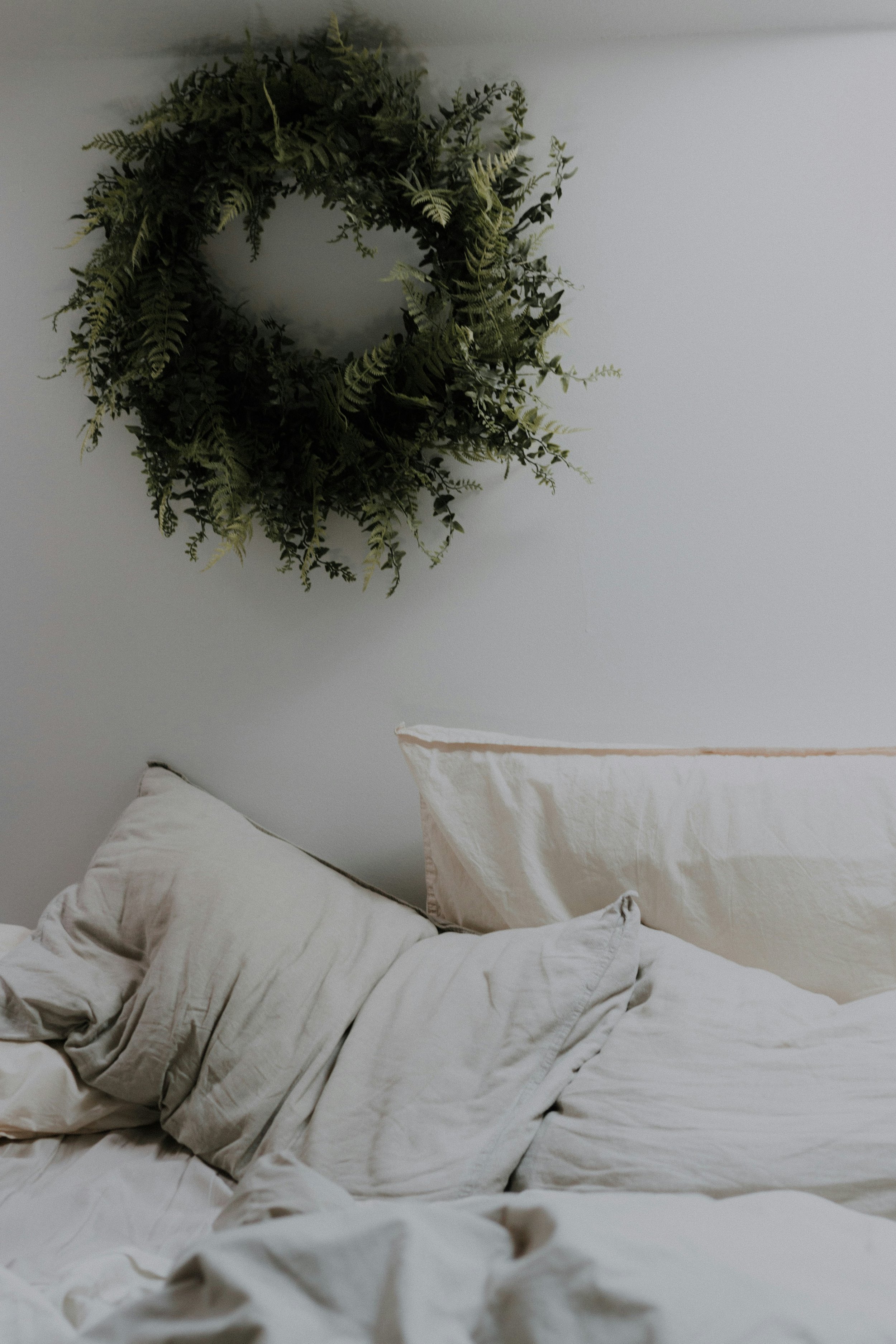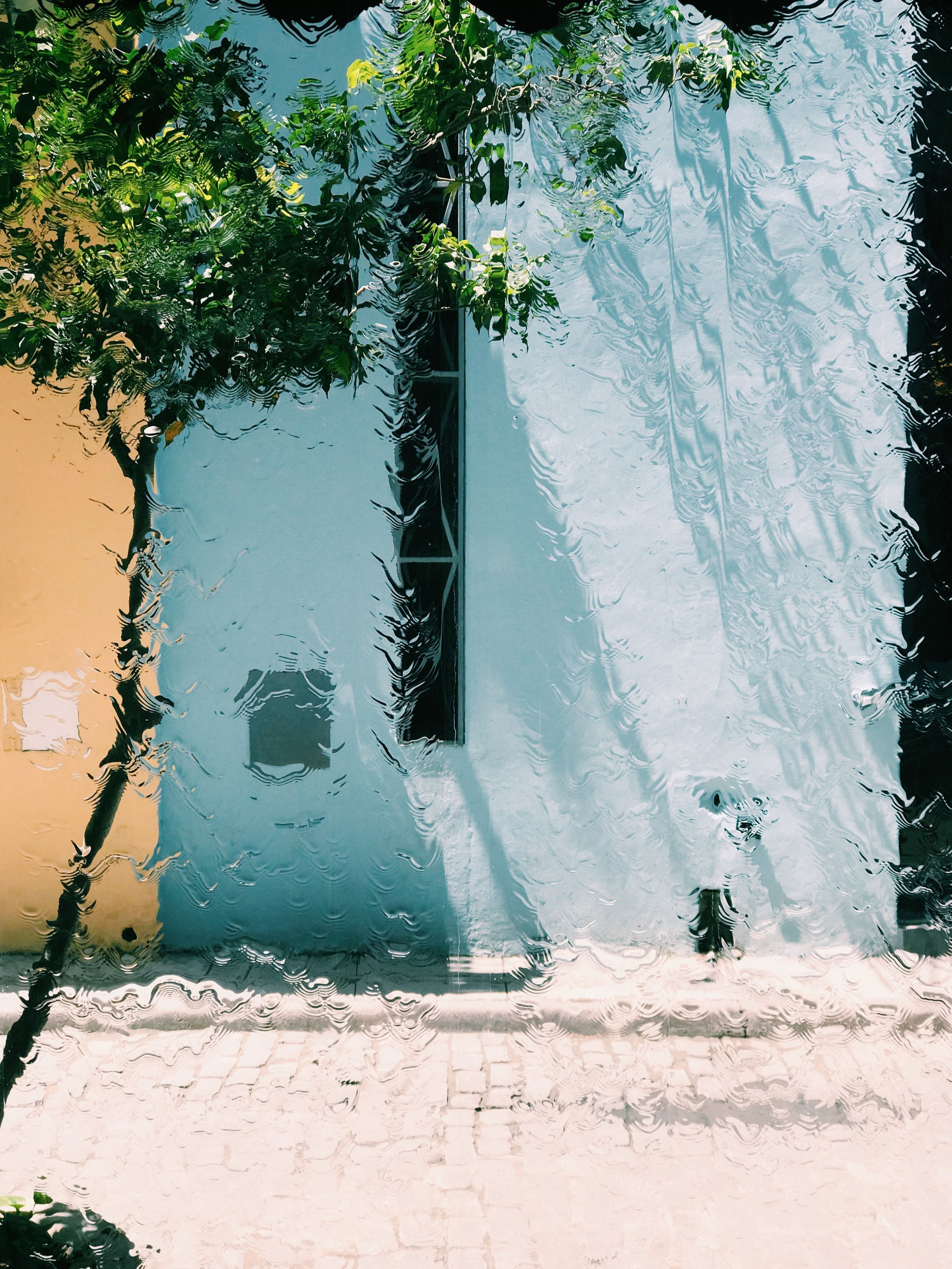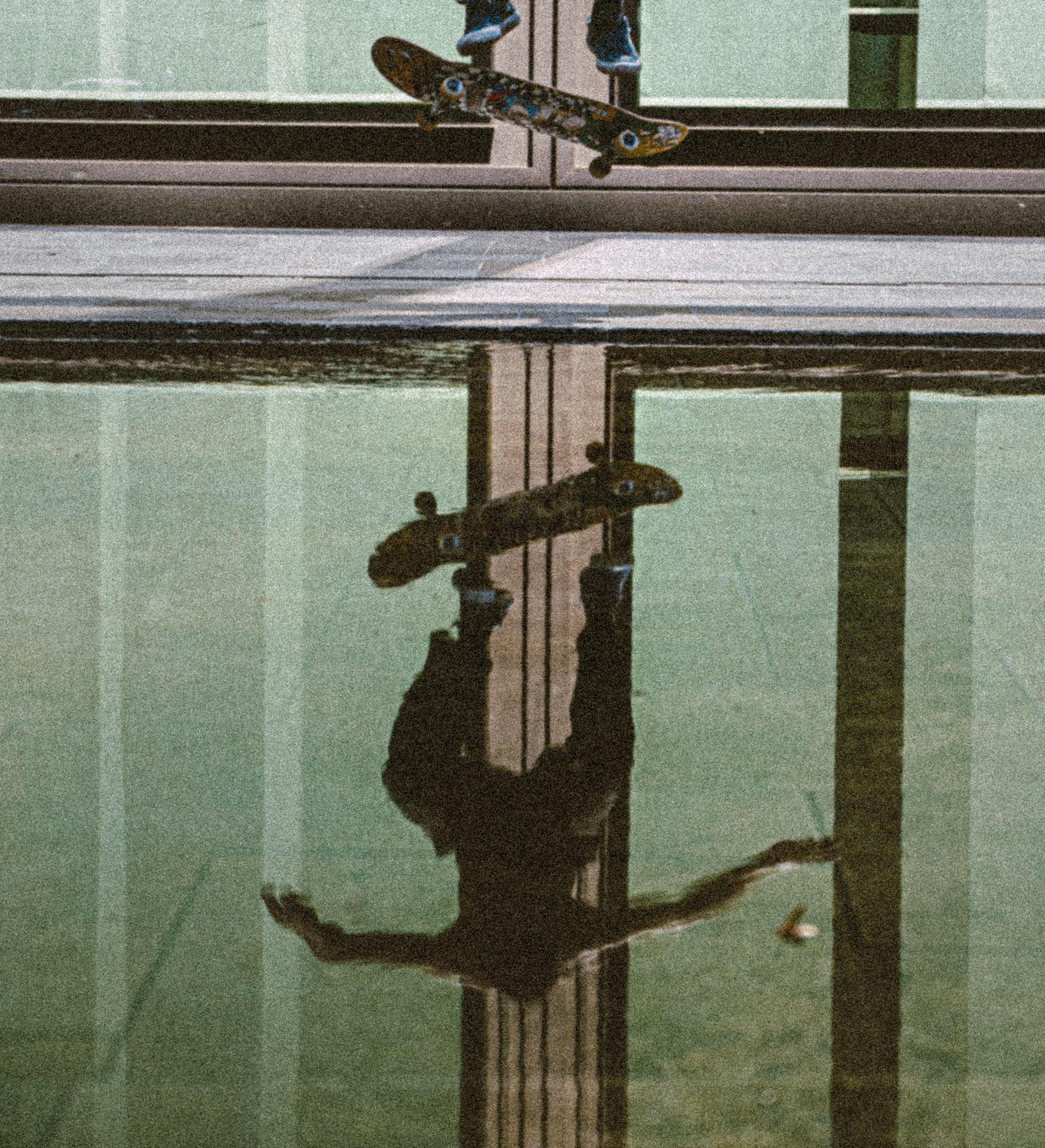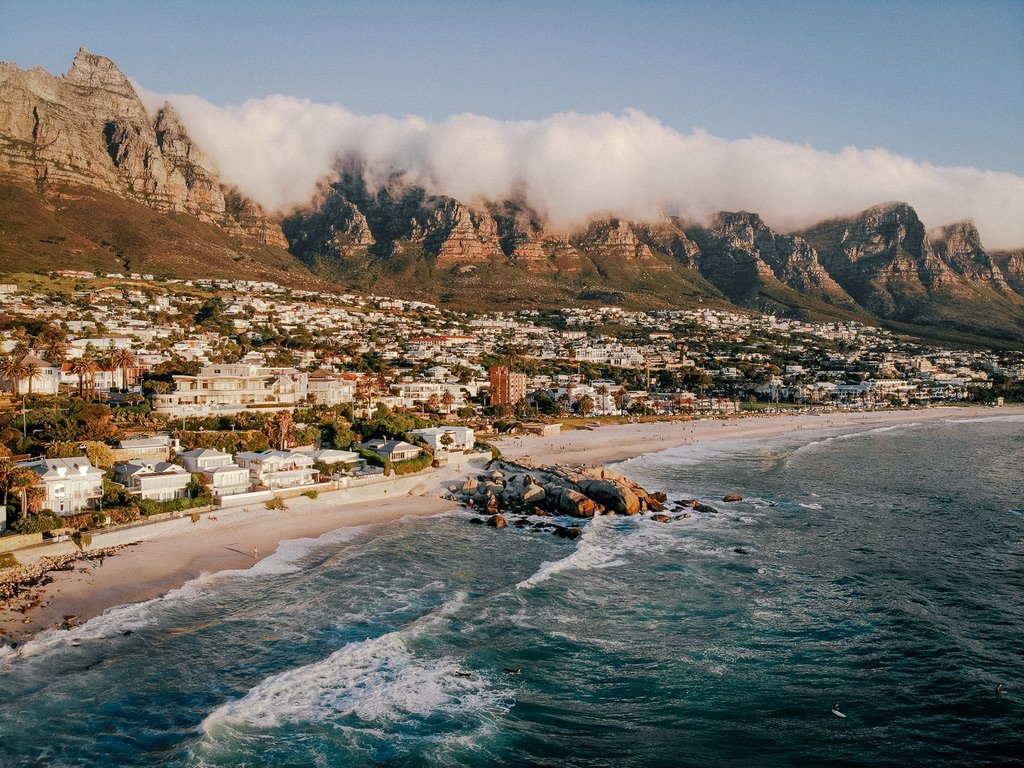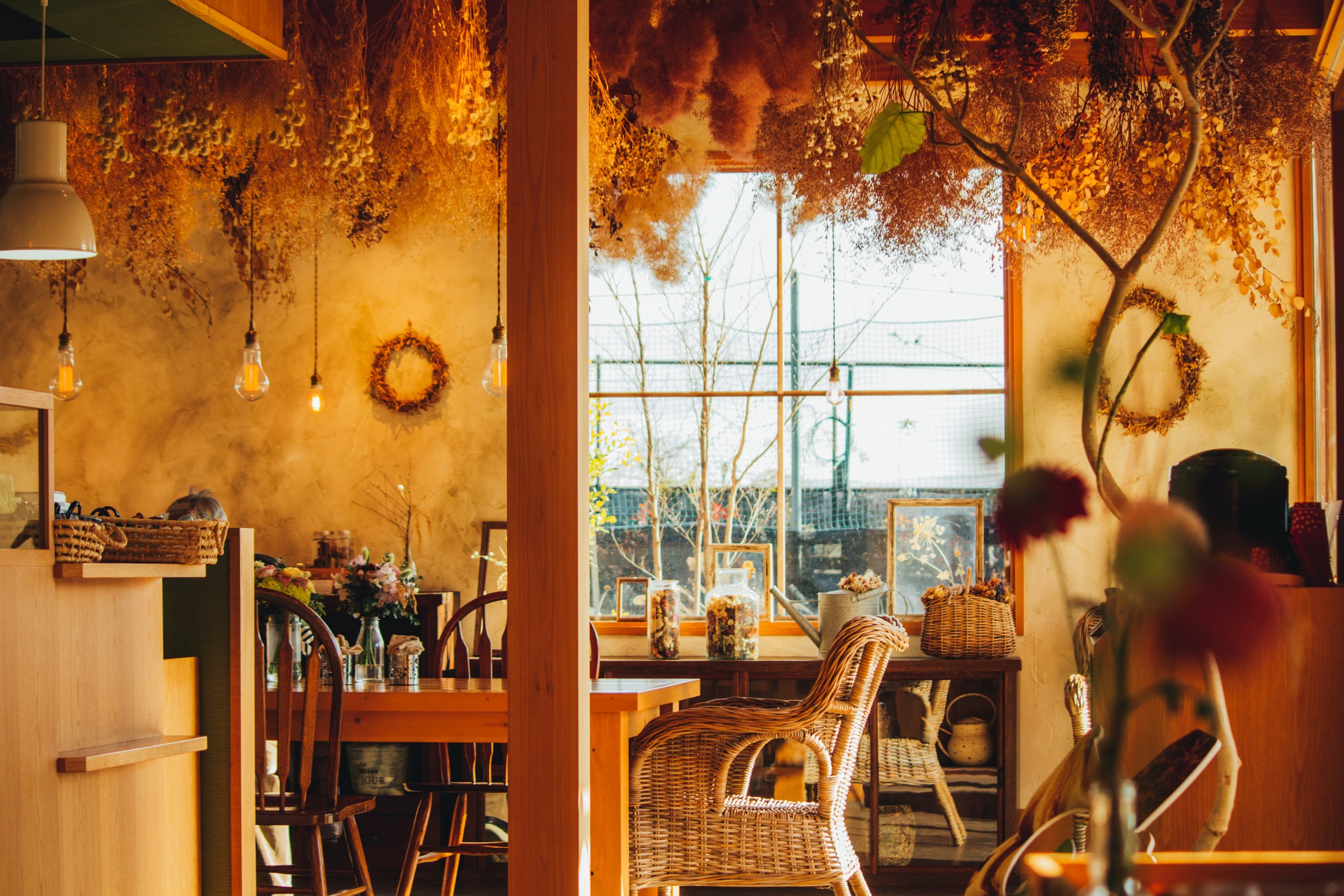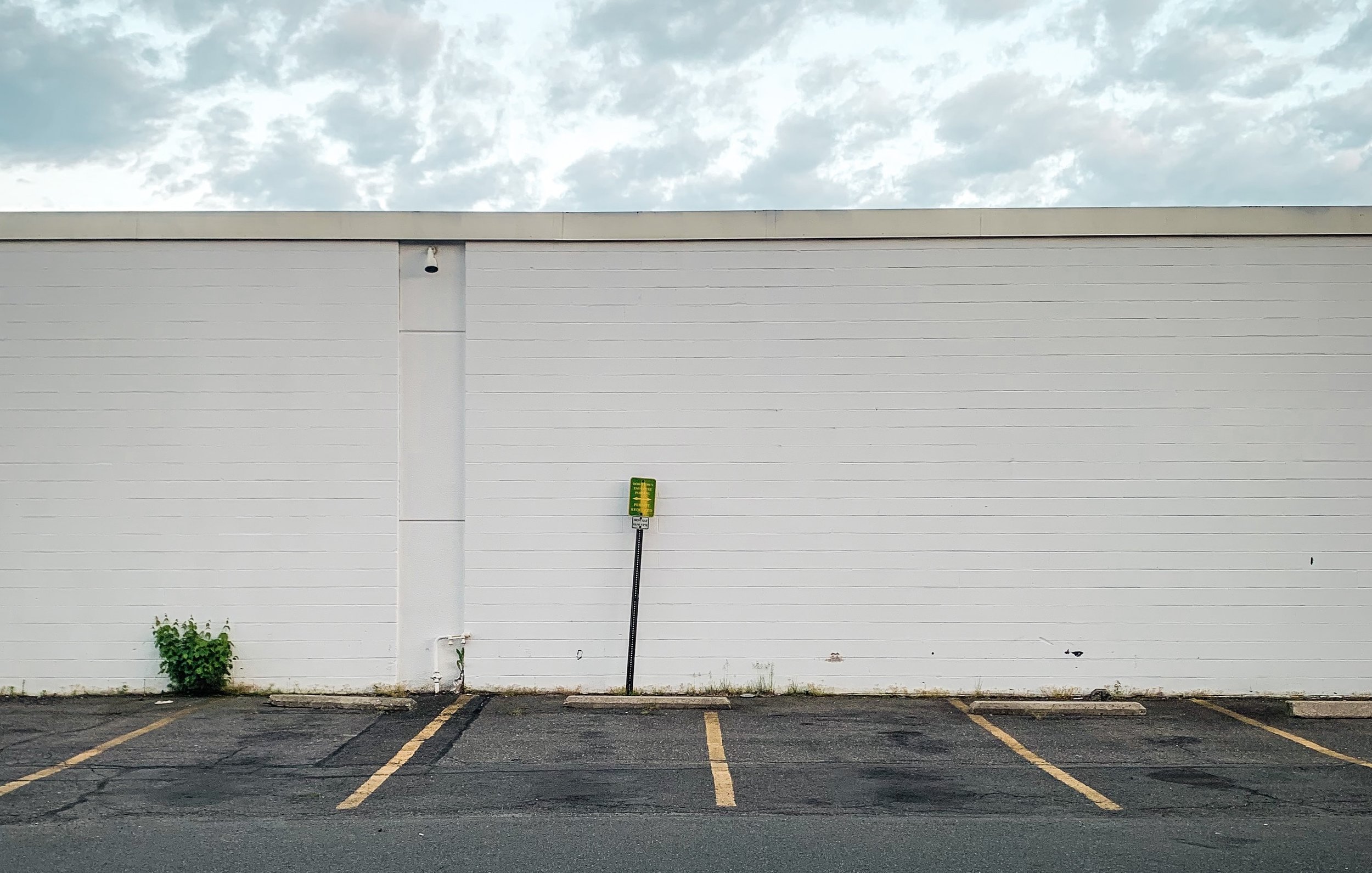To the Woman in the Earrings

This essay appears in our anthology, Letter to a Stranger: Essays to the Ones Who Haunt Us.
The sky was blown out that afternoon, the waves a frothy green-gray. I’d been holed up in a small restaurant by the shore for hours, reading a Hawaiian dictionary, writing down different words for red: ‘ula‘ula, ‘ehu, ua pūnoho. I sat alone at a long communal table until you came in—you, your son, your daughter—and sat with me. You took one look at me and my dictionary and said, “Well that looks interesting!” and a warmth between us happened that simply.
“It is interesting,” I said. “There are so many words for things.”
You fidgeted with your crooked collar, swished your hands up and down your shirt as if to shoo something off. I watched as you eyed your daughter—maybe twenty, twenty-one—playing on her phone next to you. Your son, older, was texting with the cockeyed smile of someone in love, hiding the phone beneath the table as his thumbs twitched so quickly I felt it in our shared bench.
Your face was brightened by the window. You swiveled your head around, taking in the room. The fishing net hung in the corner. Tin cans sprouted with silverware. I wondered, then, how long you’d been waiting to come here to this town, this room. You turned back to me and said, “Excuse me, Dictionary,” sweetly. Clever, perhaps you thought, calling me that. “Dictionary, you look like you belong here. What should we try?”
“The brussels sprouts,” I said. I felt flattered by your assumption. That I could have the look of someone with inside knowledge of just the right thing.
“Then brussels sprouts it will be!”
On the picnic table between us, you laid out maps, pamphlets, plans for the day. I could tell you’d already studied them by the way you flipped right to a photo, as if surprised, to say, Would you look at that to your children. But your children didn’t look. Your children kept on with their conversations, in their other places, their faces lit up by them. You pointed back down to a pamphlet and said, “Now that’s a lighthouse!”
At this, your daughter tried to engage you in the business of her phone. She scrolled to something and said, “Look how stupid,” chuckling with her hand over her mouth, hiding her teeth. You feigned interest, nodding, a guidebook still squeezed in your hand.
When the brussels sprouts arrived, you slapped both hands together. I watched you take the first bite and say, “That is so good,” with your eyes closed. You pushed the red woven plate around to share, “I think this is the best of anything I’ve ever tasted,” and your children shook their heads no thanks. You offered me a bite, too, your smile huge and open. I smiled back, “Already had some,” but you were having a meal of it. A real occasion.
“What would you do with the day?” you wanted to know. “If you had just one day.”
“The dunes,” I said, “and take water. It’s quite the hike.”
“The dunes!” you repeated. “I thought so.”
“There was no single plug to be pulled, but rather many machines—a tube of life straight to his throat—and we undid them. We did that.”
My father had been dead two years when I made this suggestion for the dunes. He’d slept for weeks in a fancy hospital with his brain intact and body spent, and he woke up to beg, “Please, one more day,” then died. There was no joke to it; it was cliché and sentimental. There was no single plug to be pulled, but rather many machines—a tube of life straight to his throat—and we undid them. We did that.
Your children ate burgers. They indulged you some, nodding, Sure, Mom, and even, Leave that girl alone she wants to read her book she doesn’t fucking care.
I project death onto everyone, everything. I have been this way always. In fact, I was trying to find the right phrase for death, for the many deaths of our lives, when I was writing down words for red. Brutal words. Bloody ones. The last day I spent with my father before his long sleep, we’d picked up dry cleaning. We’d nodded at the television—a special on Houdini. He’d asked me to stay over, then asked me again, and I left.
So when your kids who are grown people tap-tapped their phones as you smiled and ate, reaching for your jokes, awed at everything around you—the warm food, the lighthouse, the stranger with her strange dictionary—I thought, they will regret this. All the not-seeing.
“I thought, they will regret this. All the not-seeing.”
One more day? What would it look like? My father and I never walked the dunes, though we did once live on them in another state. A different shore.
I wrote down more Hawaiian words. I wrote down facts about you, your family, the love in your body when you looked at them, because I didn’t know what else to do with myself. I mouthed words for red. You tugged at your earring, excited. This was the best day ever, this weekend trip—maybe you felt that way, maybe you still do. I wonder. Your daughter spun a menu under her finger and your son said, “Can we go now?” You all stood up and we waved goodbye.
Your earrings—dangling things, made of sea glass and seashells. Expensive-looking, perfect for this beach town, precious and blue and all the way down to your shoulders. They didn’t match you, I thought. Your flopping collar, your sweet maps; you didn’t seem like a woman for earrings. I wish, now, that I’d asked where you’d found such a pair. You must have bought them for just this occasion.
About the Author
T Kira Māhealani Madden is a Chinese, Kānaka Maoli writer and amateur magician. A recipient of fellowships from the New York Foundation for the Arts, Hedgebrook, Tin House, MacDowell, and Yaddo, she serves as the Founding Editor of No Tokens, a magazine of literature and art. She is the author of Long Live the Tribe of Fatherless Girls, which is now being developed as a feature film, and her work has appeared in Harper’s, The Sun, and New York Magazine. A finalist for the National Book Critics Circle Award, and the winner of the 2021 Judith A. Markowitz LAMBDA Literary Award, her debut novel, Whidbey, is forthcoming from Mariner. She teaches at Mount Holyoke College and raises miniature donkeys.
Header photo by Pavel Nekoranec.
Edited by Colleen Kinder.


